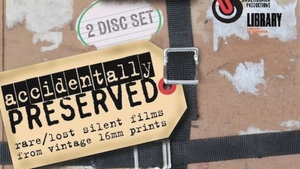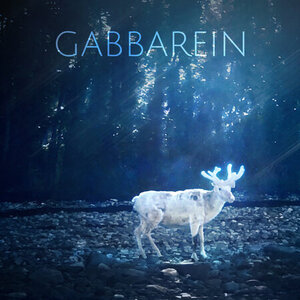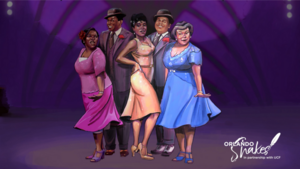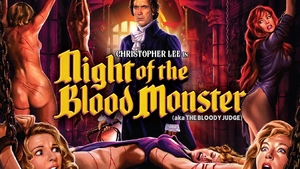
Steal This Music
by Joanna Demers
University of Georgia Press

Many music writers make the case that artists like Dr. Dre, Timbaland, and Aphex Twin might be the modern equivalent of Beethoven, Bach, Brahms, and the like. Maybe so, maybe not, but the argument is so charged with political and intellectual biases that a civilized discussion of whether artists who appropriate from other artists – or rely heavily on computers for composition – are legitimate musicians is almost impossible. Joanna Demers is brave enough to take a crack at it, and I congratulate her on the effort.
Steal This Music weaves together disparate dialogues and disciplines – philosophy, music theory, sociology, and economics – at the same time as it deconstructs copyright law. Demers’ language is clear and fluid, her writing moving effortlessly from one discipline to the next.
As deftly as a DJ would ride the fade and blend a rock song into a techno track, Steal This Music transitions from African-American scholar Henry Louis Gates Jr. to rock icons The Replacements and Tom Waits, to the licentious 2 Live Crew. An assistant professor of music history at University of Southern California, Demers’ scope extends beyond the typical music critic. Avoiding the tacky egoism of the rock journalist, Demers embraces the scientific approach of academia. That’s not to say she doesn’t have an opinion. Her thesis is built around the idea that copyright law has always been a poor fit for music, and is only falling further out of step as technology outpaces bureaucracy.
Demers traces the history of copyright from its early application to sheet music, to its current attachment to digitally recorded audio snippets (samples). The most ironic and ominous undercurrent of the narrative is that while musical composition has morphed and evolved to accommodate the shift from the harpsichord to Harmon Kardon speakers, one thing that has not changed is how publishing companies reap profits from restrictive copyright laws, supposedly put in place to protect the artists who create the music in the first place. Steal This Music is full of interesting anecdotes about artists’ entanglement in complicated and stifling copyright laws.
Yet, there’s a quiet call to arms here, suggesting the underground may yet force major labels to rethink their practices. It can’t come a day too soon. It’s no stretch to say that corporate powers have little interest in artistic progress. So little, in fact, that some ass-backwards executives probably think Dr. Dre should have written The Chronic on a harpsichord to prove himself to be a bona fide musician and not a plagiarizing pirate; Danger Mouse should have composed The Grey Album on a sousaphone so it could be sold in stores; Girl Talk’s Feed the Animals… you get the point. If more thinkers like Demers and the musicians in her book can connect, there’s hope yet for music.
(Originally published in Altar Magazine.)
University of Georgia Press: http://www.ugapress.uga.edu












